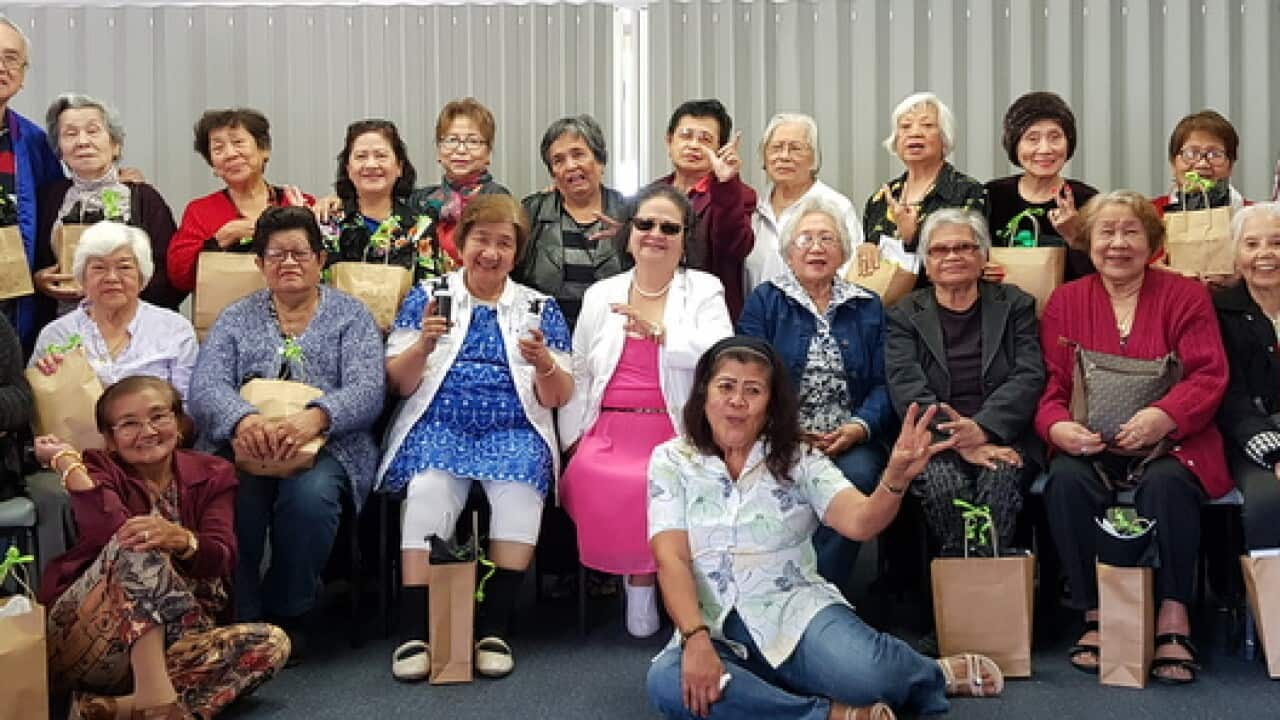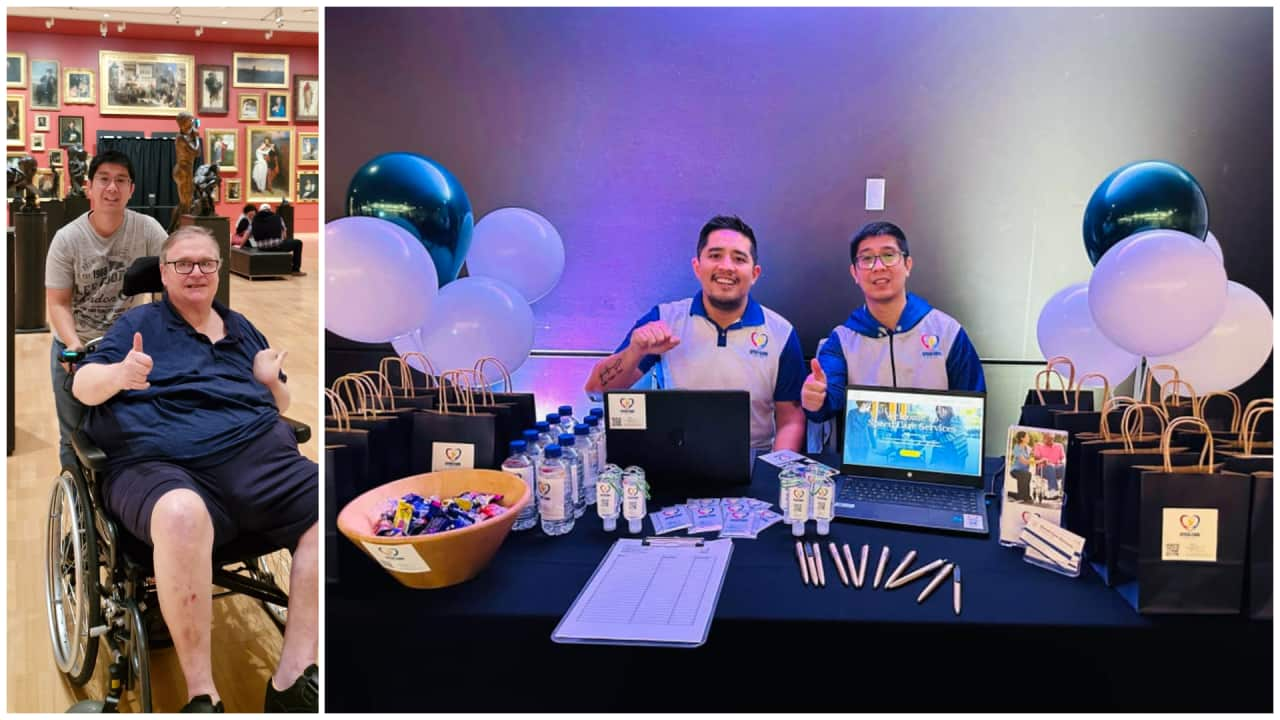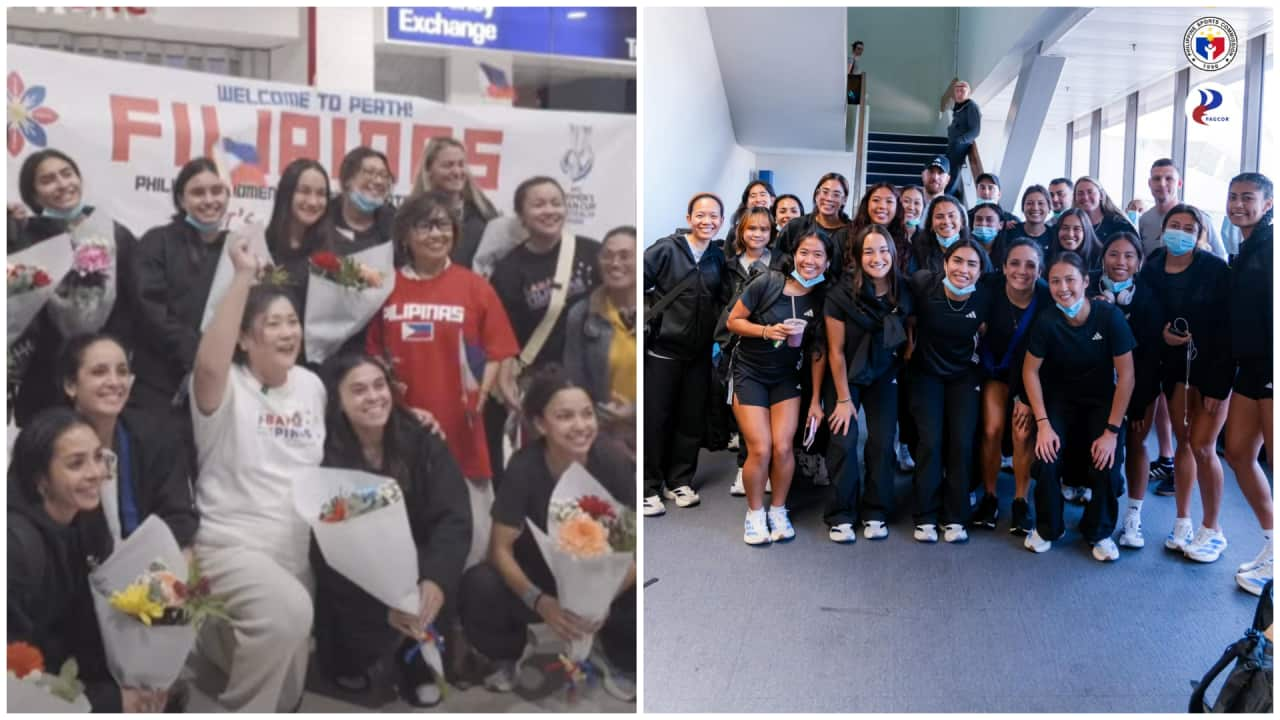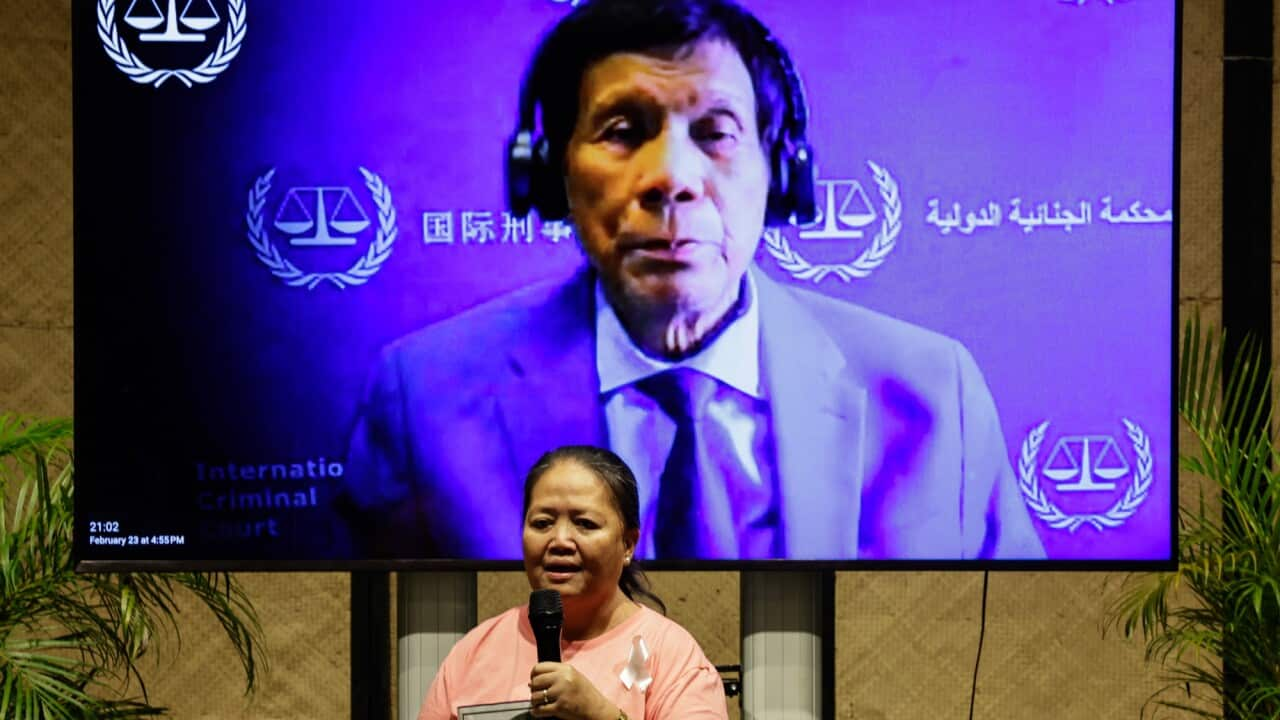"My wife and I were registered nurses in the Philippines, but we entered Australia in 2013 on student visas. I studied aged care because it was cheaper. I worked in aged care while I studied."
Akala ng Sydneysider na si Boti Benitez na mag-aaral siyang muli upang ma-practice niya ang kanyang pagiging nars sa Australya; ngunit, nag-iba ang kanyang mga plano. Pagkatapos ng asawa niyang mag-aral ng bridging program para sa nursing, inayawan niya ang pag-aaaral muli dahil masaya na siya sa industriyang pinasok niya.

Pag-aalaga sa matatanda
Hindi naging mahirap para kay Boti na mahalin ang pagiging aged care worker.
"Being Filipinos, we're used to taking care of our elderly. Actually, hardly any Filipinos live in aged care because families take on the responsibility of caring for them. I treat my elderly patients like they're my grandparents; so for me, taking care of them is not the hardest bit. The language barrier and the low wages - those are the challenging parts of the job."
Kasama sa mga ito rin ang masakit na katotohanan na marami sa mga pasyente ni Boti ay papanaw sa maikling panahon.

Aminado siya na mahirap kapag ang isang pasyente ay nasa palliative care. Dagdag niya, "You can't help but get attached to them. You also get to know their families when they visit. You hear their stories when they were younger. I've had some war vets with really amazing stories. It's hard when they're gone and you see their families grieving."
Dahil din sa kaniyang empatiya para sa mga pasyente, nalulungkot si Boti sa mga kaso ng mga carers na nananakit ng mga pasyente.
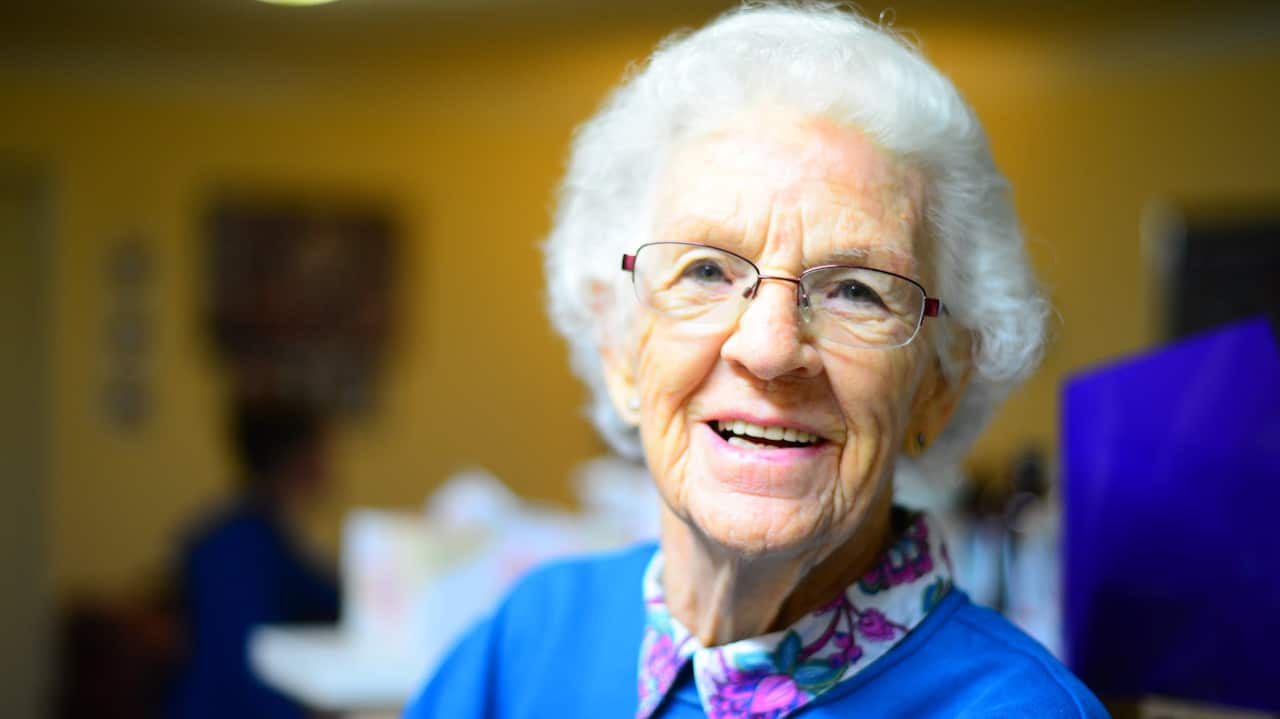
"I understand that we're only people. We get tired. We have emotions. But it's particularly disheartening when I hear that it's a fellow Filipino worker who harms a patient. For me as a worker, you have to do what's right and what's proper. hen you treat patients like your family or like a loved one, you're able to give them the right care."
Pag-aalaga sa may kapansanan
Kagaya ng pag-aaruga niya sa mga matatanda, ganun din ang pag-aalaga niya sa kanyang mga pasyenteng disabled.
"I'm also a disability worker. Patients aren't in a particular age group. I take care of both children and adults," aniya.
Habang mas mataas ang bayad sa mga disabled workers, mas kumplikado rin ang trabaho ng mga ito dahil ayon kay Boti, "In aged care you know what to expect. You pretty much know how to tend to them. In disability work, you get different cases of mental or physical disabilities or even both."

Dahil iba't iba ang mga kaso sa ganitong trabaho, kailangan handa ang isang carer sa mga iba't ibang kapansanan at pag-uugali.
Ibinahagi ni Boti ang isang insidente kasama ang isang pasyente na malapit sa kanya.
"I redirected him from drinking Coke because he drank too much of it. He's a big guy - 30 years old, but with the intellect of a 4 or 5 year old. He got mad at me. I didn't expect it. We were close then - I was even the one who taught him basketball. It hurt me, to be honest. I'm only human, but I tried to understand."

Ang pagiging tao at pag-iintindi ang nakatulong kay Boti na matutong maging mas kontrolado sa kanyang mga reaksyon at emosyon habang nagtatrabaho.
Aminado siya na may mga nakaugnayan na rin siyang mga pamilya na mahirap pakisamahan; ngunit, saad niya na hindi niya masisi ang mga ito.
"I had a quadraplegic patient once whose mum hovered over me while I took care of him. I've been working for them for over a year, but she kept on checking on my every move. It can get frustrating, but my patient and I would just joke about it. I understand his mum though - I mean, even when I leave my kids in childcare, I worry. What more a mum with a disabled son? I get it."

Ang naiintidihan din ni Boti ang importansya ng trabaho niya at ang kahalagahan ng mga taong inaalagaan niya.
What Boti also gets are the importance of the work he does and the value of the people he takes care of.
"I look at my patients as if they're my family or loved ones so I can give them the care they deserve. I place myself in their shoes. Like the ones in aged care - someday I'll grow old too and I would wish I was given the right kind of care. It's the ultimate reward for me when my elderly and disabled patients are happy with the care I gave them."
PAKINGGAN DIN

